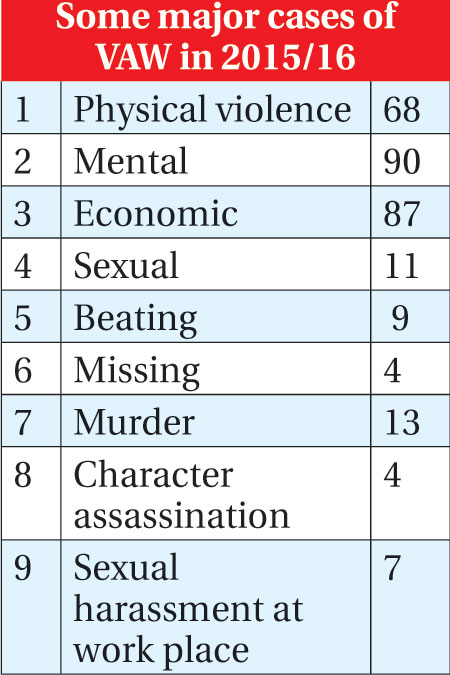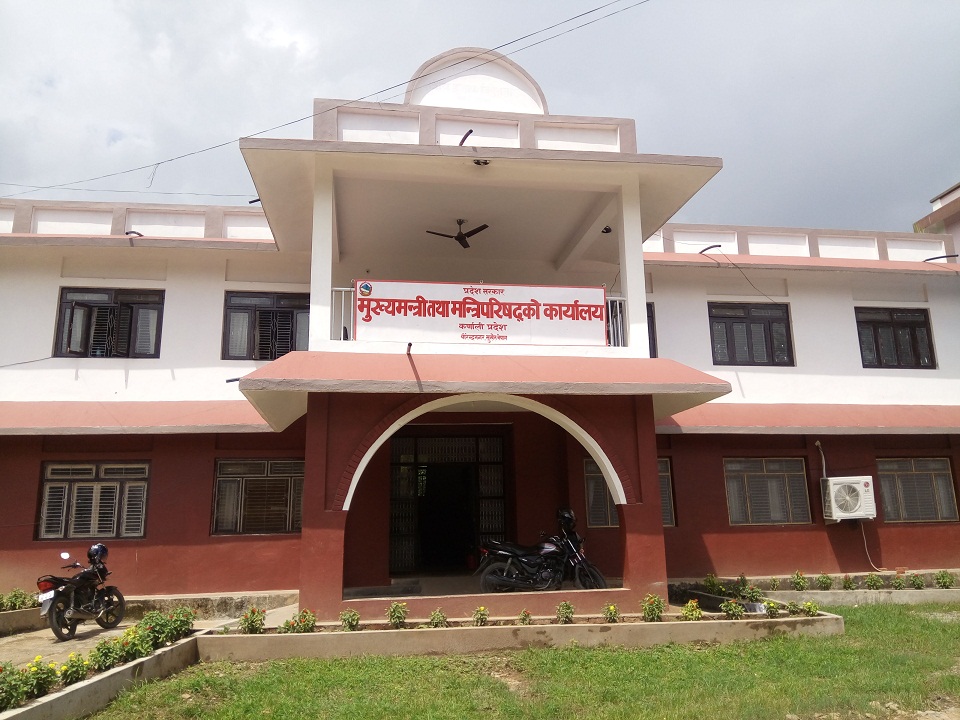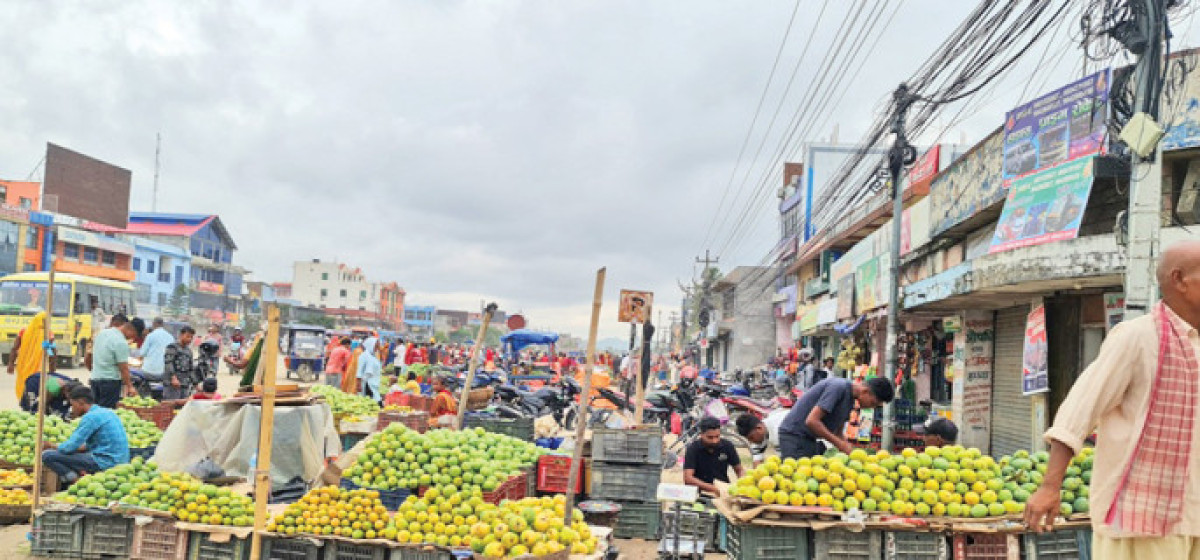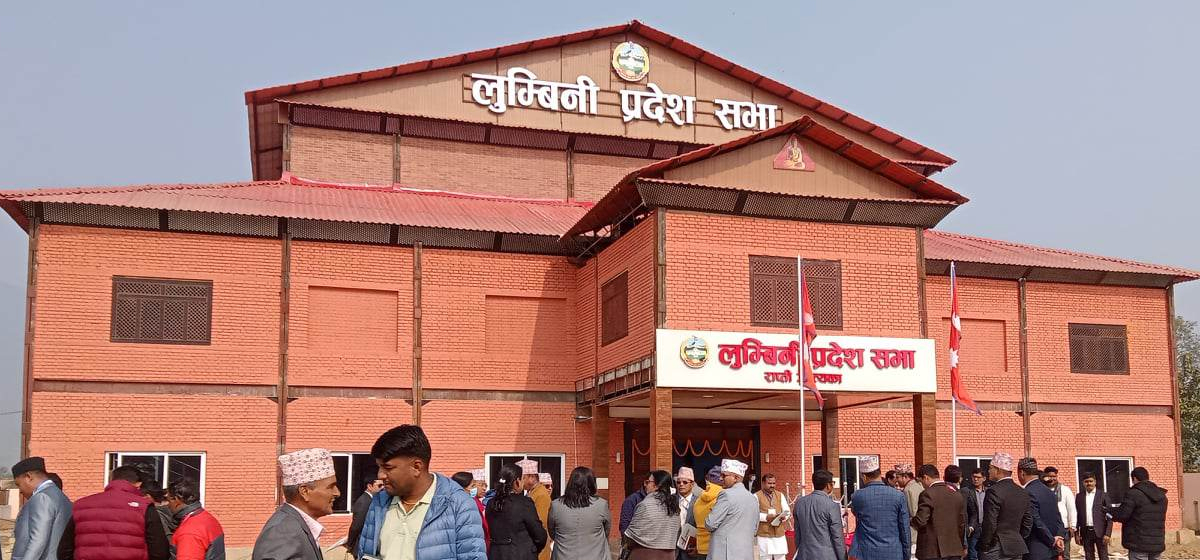
OR
'Domestic violence against women high among poor'
Published On: October 24, 2016 01:10 AM NPT By: Gyanu Sapkota

KATHMANDU, Oct 24: Violence against women in the country is till rampant despite several attempts to fight against the social ill.
A woman from Bhaktapur, who took refuge at the National Women's Commission (NWC) recently, was beaten black and blue by her husband.
“He is educated and has travelled abroad. But he always beats me brutally,” said the woman, who is mother of a child. She came to seek help from the commission to solve her problems.
It is not the only case. There are dozens of cases filed at the commission seeking justice, said NWC officials. The cases are related to physical assaults, mental torture, sexual harassment, rape, partiality in offices, disappearance, killing and character assassination.
In the fiscal year 2015/2016, the number of cases of violence against women (VAW) lodged at the commission was 660. According to the commission, 319 cases were solved in the last fiscal year and 341 cases are still open.
The total number of domestic violence cases registered at the commission is 256, including physical violence (68), mental violence (90), economic violence (86) and sexual violence (11), as per a report prepared by the commission which is yet to be published.
“Gender based violence is an increasing trend. It was prevalent in the society in the past and continues to thrive in the present day too,” said, Bhagawati Ghimire, acting chairperson of the National Women's Commission. “Increasing population and lack of job opportunities have caused the rise in the number of VAW cases,” she added.
Especially young people have been filing the cases of VAW. The issue of domestic violence is higher in love marriage than arranged marriage, said Ghimire.
“Cases of VAW are also seen frequently in the educated family. However, VAW and domestic violence are highest in the poor and uneducated households,” said Ghimire.
According to Ghimire, “Women are compelled to tolerate the domestic violence because they aren't self dependent. Having no rights over parental property and lack of job opportunity are making women endure the violence silently.”
She further said that women are discriminated since their birth.
“The constitution has given rights to women. Rules and regulation are all good but the problem is lack of implementation,” said Ghimire.
You May Like This

Women escaping domestic violence face worse situations abroad
JHAPA, Feb 2: Many women who went for foreign employment to escape domestic violence back home are having an even worse... Read More...

Int'l Day for Elimination of Violence against Women
Life becomes luxurious and easy with the help of science and technology. But, violence against women and girls is one... Read More...

Violence against women continues unabated
SARLAHI, Nov 29: Amrita Kumari, 20, tied nuptial knot with Sagar Mahato last year. The local of Murtiya - 5 and... Read More...




Just In
- NEPSE loses 3.24 points, while daily turnover inclines to Rs 2.36 billion
- Pak Embassy awards scholarships to 180 Nepali students
- President Paudel approves mobilization of army personnel for by-elections security
- Bhajang and Ilam by-elections: 69 polling stations classified as ‘highly sensitive’
- Karnali CM Kandel secures vote of confidence
- National Youth Scientists Conference to be organized in Surkhet
- Rautahat traders call for extended night market hours amid summer heat
- Resignation of JSP minister rejected in Lumbini province















Leave A Comment